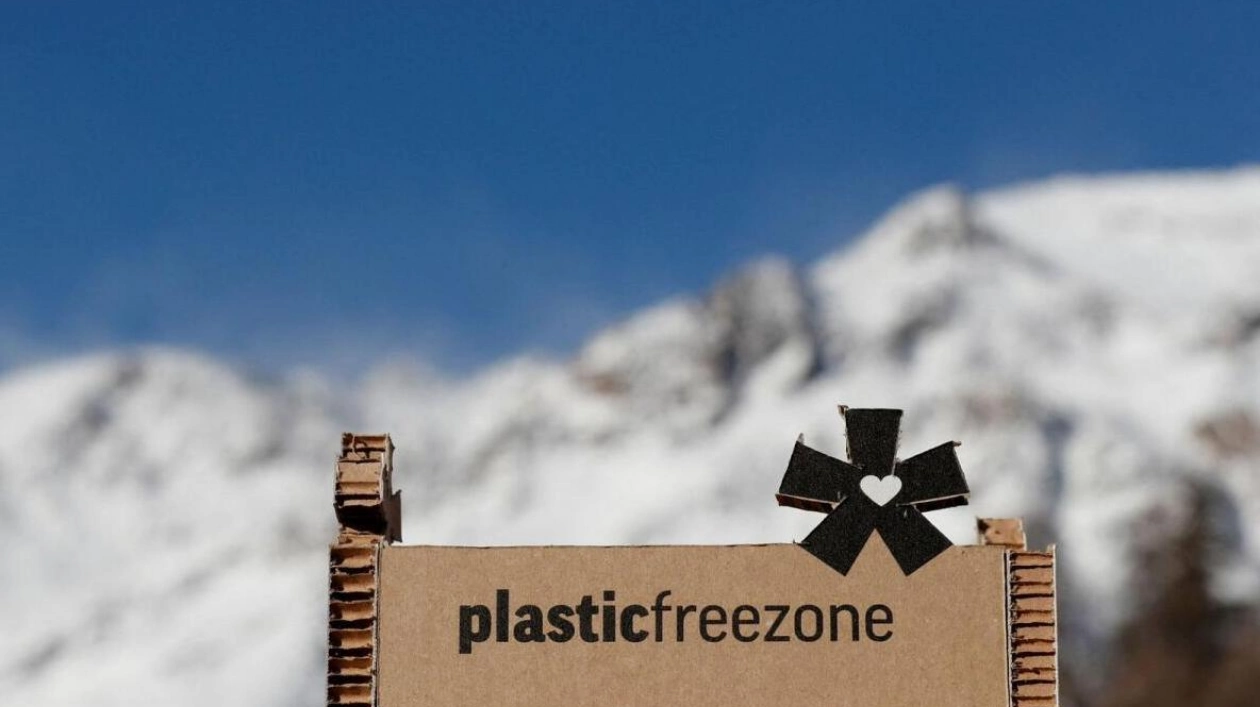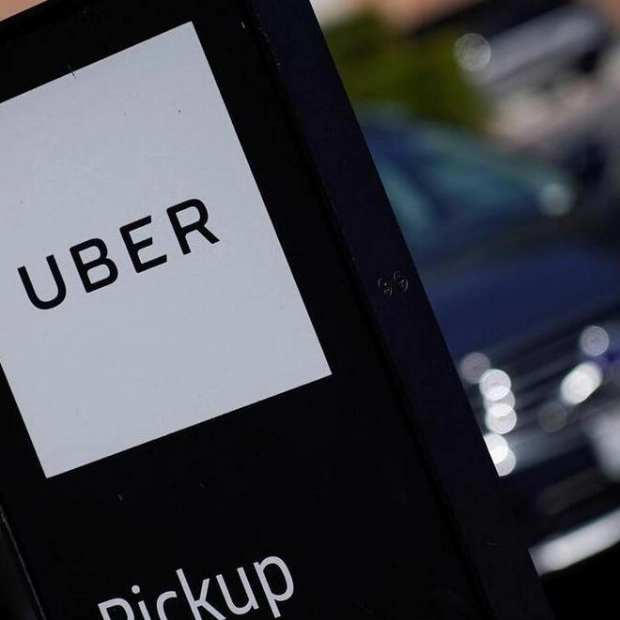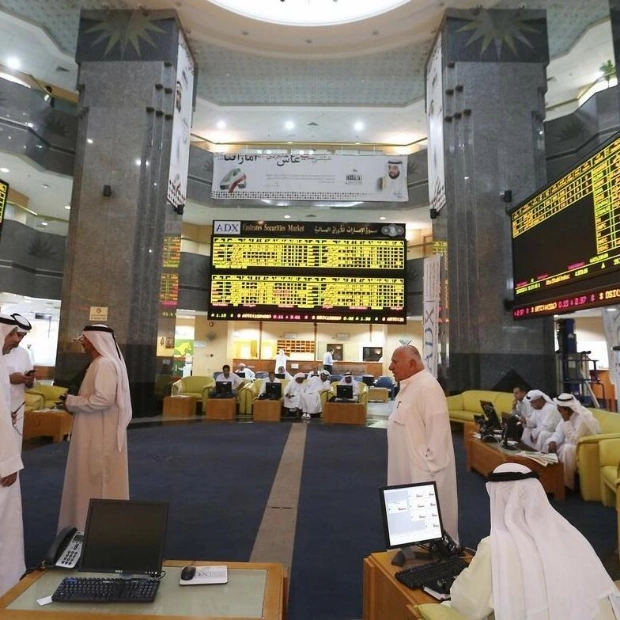The United States, a major producer of plastic, will back a global treaty that calls for a reduction in annual new plastic production, marking a significant policy change, a source familiar with U.S. negotiators told Reuters on Wednesday.
This shift contrasts with earlier U.S. positions advocating for individual country decisions, placing it at odds with nations like Saudi Arabia and China. These countries prefer the potential United Nations treaty, set to be concluded at a November summit in Busan, South Korea, to focus on downstream measures such as recycling and packaging design rather than production limits.
The Busan negotiations will occur post-U.S. presidential election on November 5, featuring Vice President Kamala Harris against former President Donald Trump. Trump previously distanced the U.S. from global environmental agreements, including the UN Paris climate agreement.
This new stance aligns the U.S. more closely with a coalition of high ambition countries, including EU member states, South Korea, Canada, Rwanda, and Peru, advocating for a global plastics treaty to limit and gradually reduce plastic production. This group also seeks to eliminate a list of environmentally concerning chemicals used in plastic production. The U.S. now supports creating a global list of chemicals to phase out and establishing global criteria for a list of 'avoidable plastic products' to phase out, avoiding a fragmented set of national requirements, according to the source.
The debate over limiting plastic production in a UN treaty led to extended negotiations in Ottawa in April, with major producers like Saudi Arabia and China resisting production caps, preferring to focus on less controversial topics like waste management. Concerns have been raised that ongoing disagreements over the treaty's scope could hinder negotiations in Busan. Efforts like the 'Bridge to Busan' aim to maintain plastic production targets in the treaty text at the Busan talks, though it's unclear if the U.S. will support this.
The White House is briefing stakeholders on Wednesday about its increased ambition in this position. These developments come ahead of a Bangkok meeting this month parallel to ongoing treaty negotiations and follow recent U.S. policy updates aimed at combating plastic pollution.






